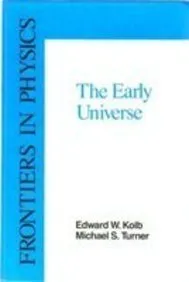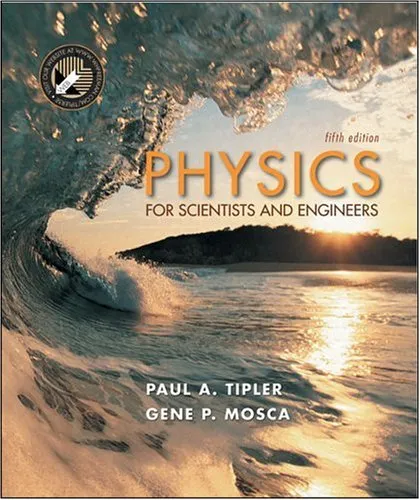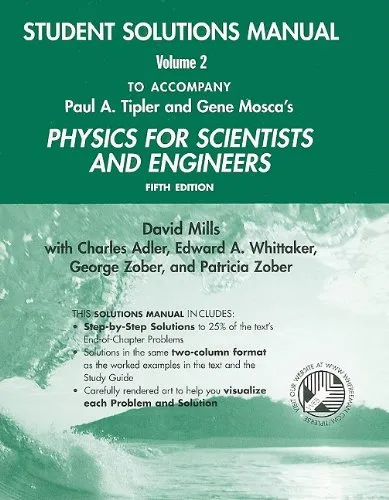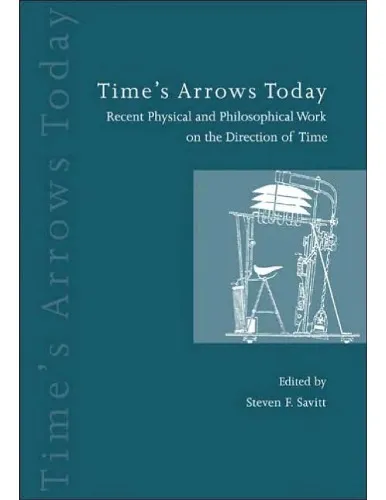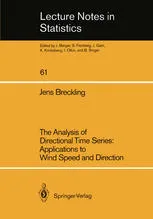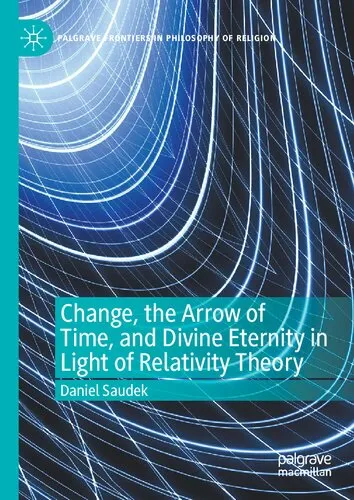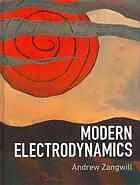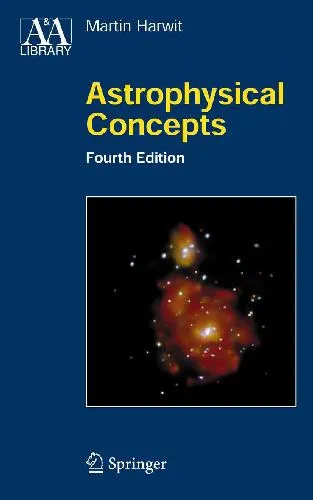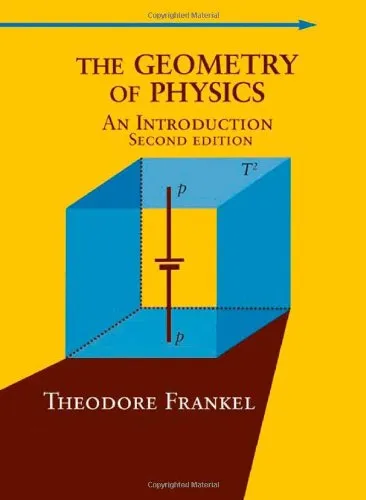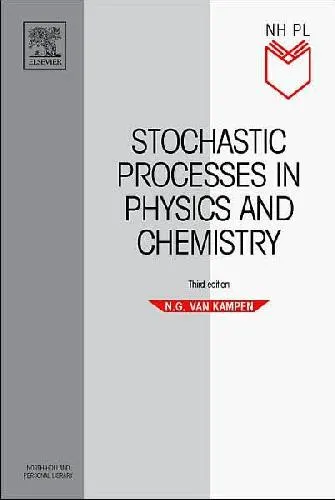The early universe
4.6
Reviews from our users

You Can Ask your questions from this book's AI after Login
Each download or ask from book AI costs 2 points. To earn more free points, please visit the Points Guide Page and complete some valuable actions.Related Refrences:
Introduction
"The Early Universe" is a seminal work co-authored by Edward W. Kolb and Michael S. Turner, widely recognized as one of the foundational texts in the field of cosmology and particle physics. In this meticulously crafted book, the complex relationship between the physics of elementary particles and the evolving cosmos is presented in a comprehensive yet accessible manner. Bridging the disciplines of physics and astronomy, the book explores how the smallest constituents of matter played a pivotal role in shaping the large-scale structure and dynamic history of our universe.
As humanity delves deeper into questions regarding the origin, evolution, and ultimate fate of the universe, "The Early Universe" serves as a critical resource for students, researchers, and enthusiasts alike. The authors, themselves pioneers in the field, combine theoretical insights with observational evidence to paint a coherent picture of how the universe transitioned from a hot, dense state to its current form. This book goes beyond a simple summary; it provides the mathematical rigor, physical concepts, and cosmological principles necessary to understand the intricate mechanisms of the early universe.
Whether you are captivated by the mysteries of the Big Bang, the emergence of cosmic background radiation, or the nature of dark matter, this book systematically explores these topics and more. Drawing upon fundamental principles of physics and groundbreaking discoveries, "The Early Universe" offers not only a window into the cosmos's past but also a glimpse of its future.
Summary of the Book
The book begins by introducing the basics of the Big Bang model, which serves as the cornerstone of modern cosmology. It explores key ideas such as the expansion of the universe, thermodynamic principles, and the role of relativity. The authors then delve into the physics of particle interactions within the rapidly evolving cosmos, providing readers with a solid foundation in quantum mechanics and field theory as they relate to early-universe models.
Subsequent chapters focus on crucial milestones in cosmic evolution, such as the nucleosynthesis of light elements, the decoupling of matter and radiation, and the formation of large-scale structures like galaxies and clusters. The book also examines the physics underpinning phase transitions, symmetry breaking, and inflation—a moment of exponential expansion that provides solutions to many cosmological puzzles.
Moreover, extensive discussions on dark matter, dark energy, and the cosmic microwave background are included. The authors provide detailed theoretical calculations and experimental insights, presenting a balanced perspective on what is currently understood and what remains mysterious. The book concludes by contemplating unanswered questions and the future of cosmological research.
Key Takeaways
- Understanding the Big Bang theory and the evidence supporting it, including the cosmic microwave background and large-scale structure.
- A detailed account of inflationary theories and how they solve long-standing cosmological problems.
- The role played by particle physics in shaping the universe during the first moments after its creation.
- An exploration of dark matter and dark energy, which dominate the mass-energy content of the universe.
- Comprehensive discussions of the thermodynamics, quantum mechanics, and field theory relevant to the early universe.
Famous Quotes from the Book
"The physics of the smallest particles and the largest structures in the universe are connected in ways that are both profound and beautiful."
"By studying the early moments of the universe, we not only explore its origins but also uncover the fundamental nature of reality itself."
"The history of the universe is written in light, energy, and matter. Deciphering this history is at the core of cosmology."
Why This Book Matters
"The Early Universe" stands out as a cornerstone in the field of cosmology for several reasons. First, it bridges two distinct disciplines—particle physics and cosmology—offering readers a comprehensive view of how these domains intersect to create our universe's history. The book's mathematical rigor, combined with its clear explanatory style, makes it both a reference text for professionals and a guide for advanced students.
This book is particularly valuable in the context of modern cosmology, where breakthroughs in observational technology (such as advanced telescopes and particle colliders) continuously reshape our understanding of the universe. By providing both theoretical frameworks and discussions of empirical data, Kolb and Turner empower readers to engage critically with ongoing research and unanswered questions.
Furthermore, the book inspires curiosity and awe by placing humanity's quest for knowledge within the broader context of cosmological history. With its lucid explanations and deep insights, "The Early Universe" reminds us of the profound connections between the fundamental laws of physics and the cosmos’s grand design, making it a timeless contribution to science and humanity's intellectual pursuits.
Free Direct Download
You Can Download this book after Login
Accessing books through legal platforms and public libraries not only supports the rights of authors and publishers but also contributes to the sustainability of reading culture. Before downloading, please take a moment to consider these options.
Find this book on other platforms:
WorldCat helps you find books in libraries worldwide.
See ratings, reviews, and discussions on Goodreads.
Find and buy rare or used books on AbeBooks.
1497
بازدید4.6
امتیاز0
نظر98%
رضایتReviews:
4.6
Based on 0 users review
Questions & Answers
Ask questions about this book or help others by answering
No questions yet. Be the first to ask!
